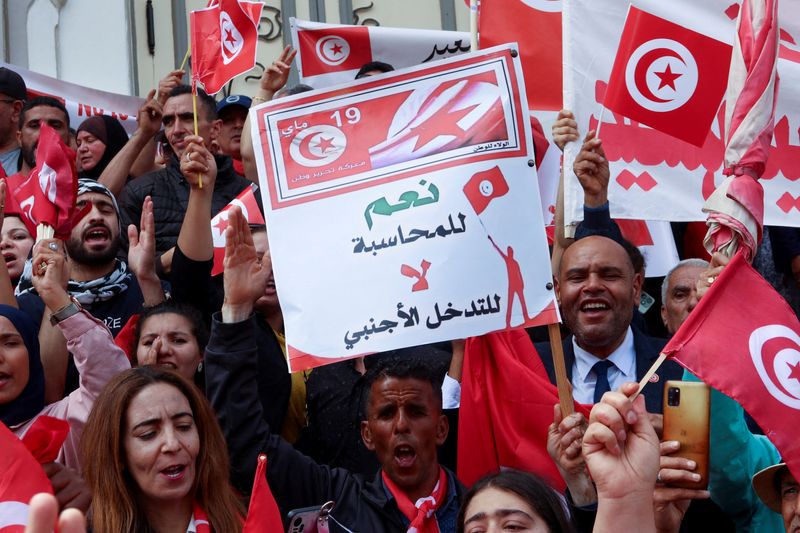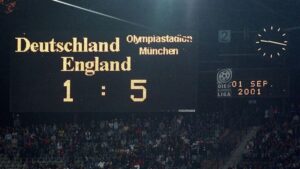Tunisian presidential candidates complain of restrictions and intimidation

By Tarek Amara
TUNIS (Reuters) – Tunisian opposition parties, presidential candidates and human rights groups have accused the authorities of using “arbitrary restrictions” and intimidation in order to ensure the re-election of President Kais Saied in a vote set for Oct. 6.
Saied announced on July 19 that he would seek another five-year term. Elected in 2019, Saied dissolved parliament in 2021 and began ruling by decree in a move the opposition described as a coup. He has said he will not hand over power to what he calls “non-patriots”.
As an Aug. 6 deadline for registering as a presidential candidate looms, 11 opposition figures who hope to run against Saied issued a joint statement this week criticising the authorities.
“The violations have affected most of the serious candidates to the point that they appear to indicate a desire to exclude them (from the election) and restrict them in order to make way for a specific candidate,” they said in the joint statement.
None of the 11 opposition candidates have yet obtained a document certifying that they have no criminal record – a new condition – which will then allow them to register.
The Election Commission spokesperson said the interior ministry would contact the candidates to provide them with the necessary document, without saying when this would happen. The Commission also rejected the accusations of bias.
‘CLIMATE OF INTIMIDATION’
In a separate statement on Thursday, 17 non-governmental organisations (NGOs), including Human Rights League, and six opposition parties criticised government control of public media, the judiciary, and the Elections Commission.
“A climate of intimidation of opponents and journalists through the use of the judiciary and the Election Commission to serve the interests of the authorities and the lack of equal opportunities does not provide guarantees for free and fair elections,” they said in the statement.
One of the 11 presidential candidates, Nizar Chaari, said his campaign manager and a volunteer member had been arrested and that police had confiscated the signatures he had received from the public endorsing his candidacy.
The Public Prosecutor’s office said the two people had been arrested over their seizure of a database and the forging of endorsements, accusations that Chaari’s campaign deny.
Earlier this month, a court sentenced another candidate, opposition party leader Lotfi Mraihi, to eight months in prison on a charge of vote buying. It also imposed a lifetime ban on Mraihi, one of Saied’s most prominent critics, running in presidential elections.

Also this month, a judge barred candidate Abd Ellatif Mekki from appearing in the media or travelling around the country.
The head of the Freedoms Committee in Parliament, Hela Ben Jaballah, called in a statement for the lifting of restrictions on candidates. She also urged the Election Commission to perform its role in a neutral way, something it says it already does.








